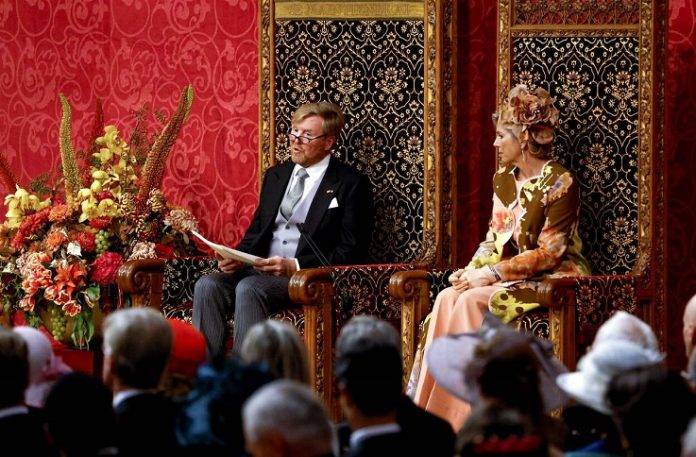THE HAGUE (Source: Curacao Chronicle) – The focus on the Caribbean Netherlands and the autonomous countries within the Kingdom in the Throne Speech can be seen as an important step in recognizing the complex history and current challenges in the relationship between the Netherlands and the Caribbean part of the Kingdom. It appears to be a deliberate choice not to spend just a few seconds on these areas, as in previous years, but to involve them extensively in the broader context of the Kingdom.
The king seems to directly address the complex legacy of the history of slavery and connect it to the broader concept of a social fabric that deserves protection.
By speaking of ‘healing, reconciliation, and restoration,’ he not only acknowledges the painful history but also opens the door to a conversation about how the Kingdom as a whole can heal.
An important aspect of this is the emphasis on a willingness to listen to each other. This is essential for addressing historical wounds and bridging cultural and political differences, not only in the past but also in the current climate where discrimination and racist exclusion are still present.
The Throne Speech not only speaks in general terms but also announces concrete measures, such as additional funding for poverty reduction in the Caribbean Netherlands and a focus on a sustainable economy and good governance in the autonomous countries. Although these themes are often mentioned, the extensive attention in the Throne Speech may give more weight to these promises.
The king emphasizes the role of everyone in maintaining democracy. He talks about the need for an attitude of listening and understanding, which is relevant not only for the European part of the Kingdom but also for the Caribbean part.
The extensive attention to the Caribbean Netherlands and the autonomous countries within the Kingdom seems to be a welcome shift in focus and perhaps an indication of a more inclusive and listening approach to Kingdom relations in the future.






























